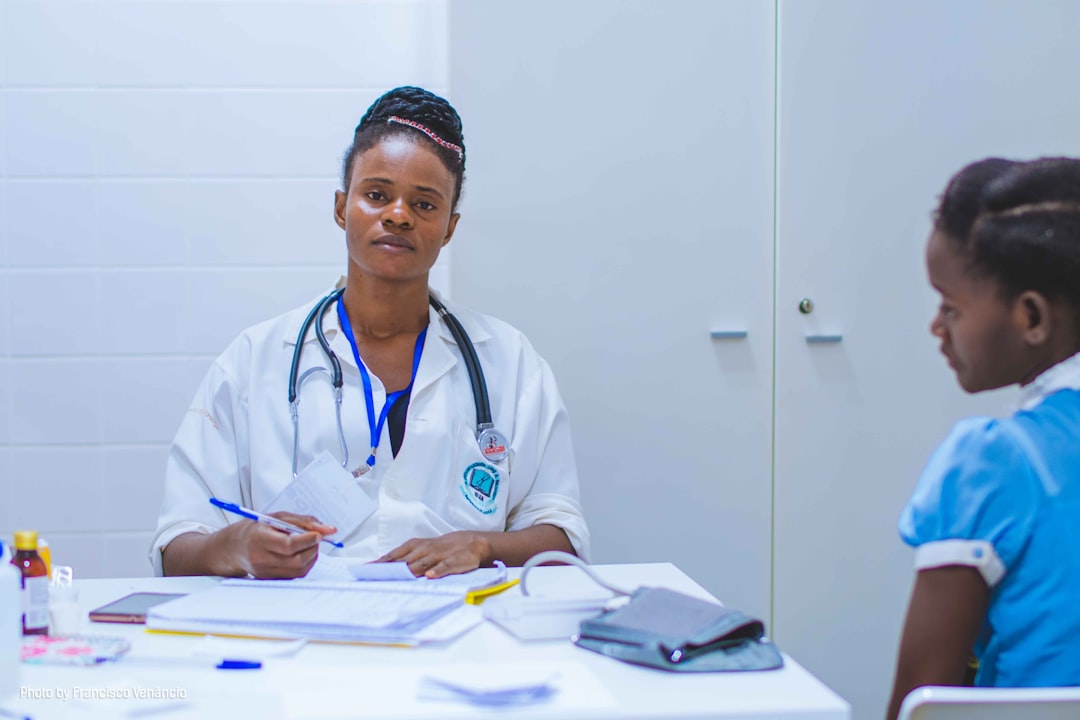What is it about?
The study focuses on how physicians in training (residents) in Pakistan make decisions in challenging medical situations. It explores the difficulties they face, such as uncertainty, complex cases, and issues related to hospitals and culture. We interviewed 14 trainee residents and found that these doctors use a mix of individual and group decision-making processes for both regular and critical cases. They identified challenges like dealing with uncertain situations, hospital-related constraints, and the influence of sociocultural factors. The medical physicians rely on different types of support—knowledge-based, emotional, and instrumental—to make decisions. Essentially, the study provides a deep dive into the cognitive, social, and behavioral aspects of decision-making in healthcare, offering insights for both practitioners and academics to better understand and enhance the decision-making process in the medical field.
Featured Image

Photo by National Cancer Institute on Unsplash
Why is it important?
Understanding the decision-making process of physicians in the intricate world of healthcare holds immense significance for several key reasons. Firstly, it plays a pivotal role in advancing patient care. By pinpointing and addressing challenges faced by doctors, such as navigating uncertainty or dealing with hospital constraints, we can develop support systems to facilitate better decision-making. Secondly, delving into the intricacies of physician decision-making enhances medical training. A deeper understanding of how doctors in training handle decision-making allows us to tailor training programs to address specific challenges, thereby better preparing them for real-world scenarios. Lastly, the study contributes valuable insights to the overall knowledge of healthcare systems. Exploring the sociocultural context and factors influencing decision-making provides a comprehensive view that can be instrumental in refining healthcare policies and practices. In essence, this research serves as a beacon, illuminating the complexities of medical decision-making. It offers opportunities for tangible improvements in patient care, medical training programs, and the healthcare system on a broader scale. In a world where healthcare is dynamic and multifaceted, unraveling these intricacies opens doors to holistic enhancements across the medical landscape.
Perspectives
I recognize the significance of understanding physicians' decision-making processes not only for patient care but also for improving medical training and contributing to broader healthcare system knowledge in a holistic way. I believe in continuous improvement and adaptation in the medical field to better address the challenges practitioners face in real-world healthcare scenarios. My perspective aligns with a proactive approach to enhancing healthcare outcomes and systems.
Sana Younas
National University of Sciences and Technology
Read the Original
This page is a summary of: Decision making among residents in training of obstetrics and gynecology: A qualitative exploration in Pakistani context, PLoS ONE, November 2023, PLOS,
DOI: 10.1371/journal.pone.0287592.
You can read the full text:
Contributors
The following have contributed to this page










